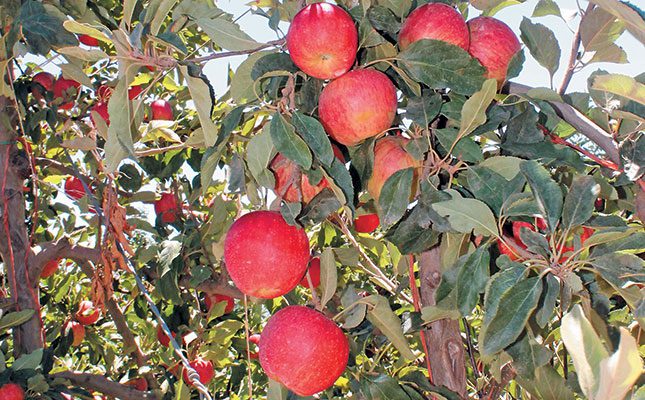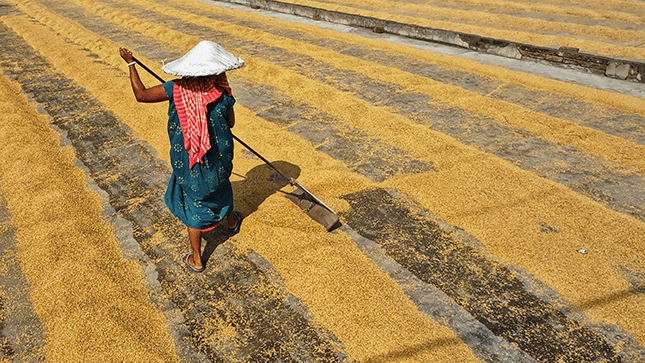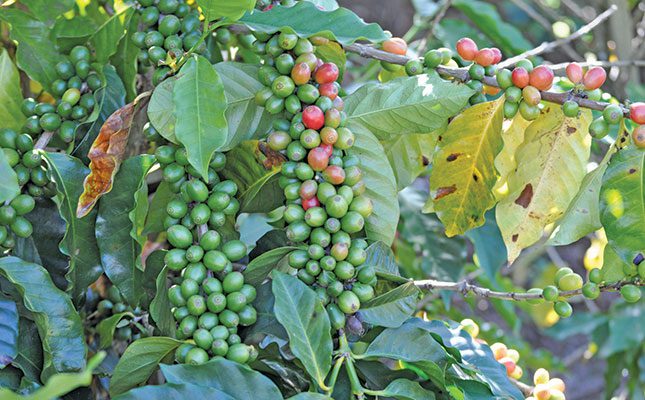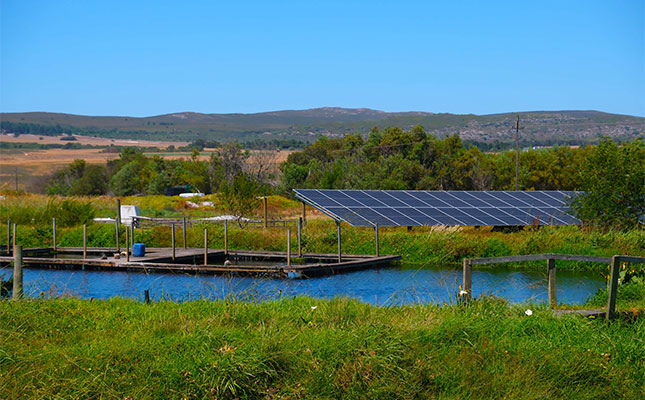
In a social media post that sparked optimism across key trade sectors, Chinese Ambassador to South Africa Wu Peng revealed he had held a “very fruitful” meeting with Dr Boitshoko Ntshabele, CEO of the Citrus Growers’ Association of Southern Africa, and Fhumulani Ratshitanga, CEO of Fruit SA.
I had a good meeting with Dr Ntshabele, CEO of Citrus Growers’ Association of Southern Africa, and Ms Ratshitanga, CEO of Fruit SA. Very fruitful discussion. In this turbulent world caused by trade protectionism, China and South Africa need to strengthen our bilateral trade and… pic.twitter.com/r8Xm8eLBWb
— 吴鹏 Wu Peng (@AmbWuPeng) April 28, 2025
“In this turbulent world caused by trade protectionism, China and South Africa need to strengthen our bilateral trade and economic cooperation,” wrote Wu Peng on X (formerly Twitter). “The Chinese government welcomes more South African agricultural and industrial products to enter [the] huge Chinese market.”
The announcement has been met with enthusiasm by both local economists and the Department of Agriculture.
The Department of Agriculture said it welcomed the ambassador’s remarks and was hopeful that the development would pave the way for expanded access to one of the world’s largest markets.
Wandile Sihlobo, chief economist at Agbiz, said Wu’s remarks needed to be taken seriously given China’s weight in global agricultural trade.
“Chinese officials’ statements should always be taken with considerable seriousness, especially when it comes to matters of trade,” Sihlobo said.
“Ambassador Wu Peng’s message is an invitation for South Africa to be part of a broader conversation about diversifying China’s agricultural import sources, and we must respond with urgency.”
Sihlobo noted that China is the world’s largest agricultural importer, accounting for 11% of global agricultural imports in 2023. However, South Africa’s share in that vast market remains minimal, at only 0,4%.
“Our exports to China currently include fruits, wine, red meat, nuts, maize, soya beans, and wool,” he said.
“But there is plenty of room for growth, especially if we can reduce tariffs and address phytosanitary barriers that restrict access for many of our products.”
China’s shift toward diversifying its supply chains, especially after the US imposed tariffs in 2018 and again in 2025, has seen the country importing more from countries in South America and Oceania.
Economists argue that South Africa must actively position itself to benefit from this changing landscape.
“This is an opening we cannot afford to squander,” said Sihlobo. “The first step will be for South African authorities to approach China with a strategic export portfolio and engage in discussions on the removal of trade barriers.”
Stakeholders in agriculture have also expressed optimism, viewing this development as a chance to strengthen South Africa’s trade footprint in Asia.
“This is more than a diplomatic gesture; it’s an opportunity to boost rural economies, create jobs, and grow our agricultural export sector,” said South African Poultry Association CEO Izaak Breitenbach. He added that while he was optimistic, these processes took time and work.
Get trusted farming news from Farmers Weekly in Google Top Stories.
➕ Add Farmers Weekly to Google ✔ Takes 10 seconds · ✔ Remove anytime












